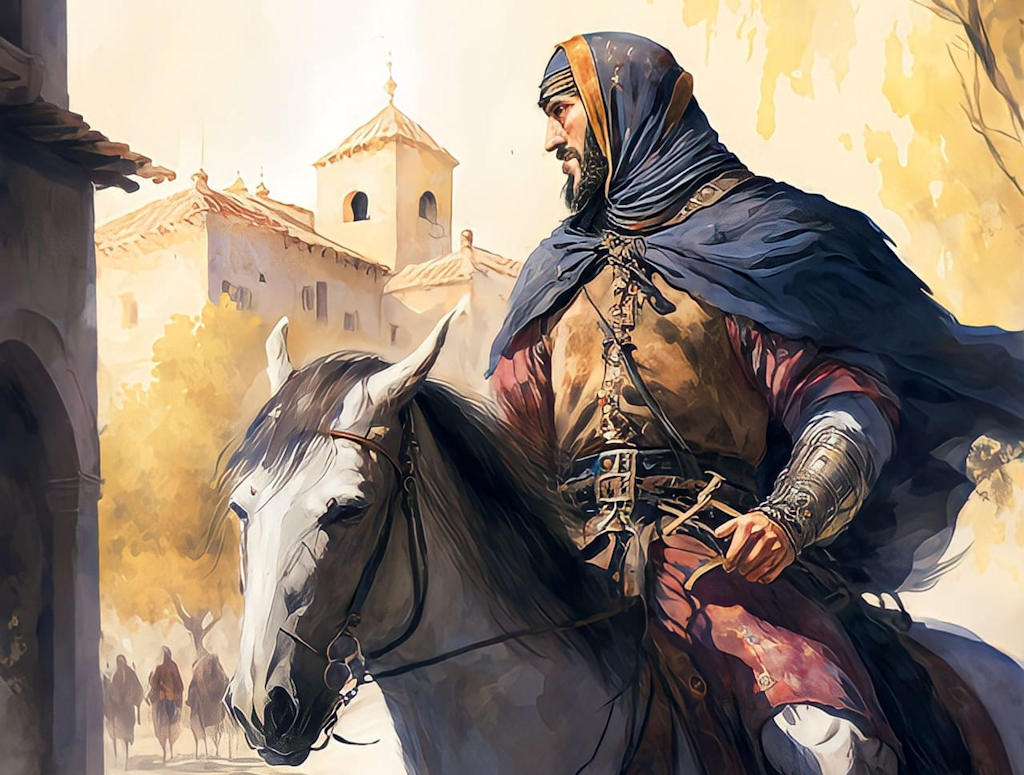The pivotal moment came when Tariq and his forces crossed the Strait of Gibraltar, an audacious feat that marked the beginning of the Moorish conquest. With his charisma and military acumen, Tariq inspired his troops to fight fearlessly, despite being outnumbered by the Visigothic forces.
The Battle of Guadalete in 711 CE was the defining moment of Tariq's campaign. Despite facing a formidable enemy, Tariq's tactical brilliance and strategic maneuvers led to a decisive victory. The Visigothic king, Roderic, was defeated, and the path was open for the further expansion of Islamic rule.
Following the victory, Tariq ibn Ziyad continued to lead the Islamic forces, establishing a stronghold in the newly conquered territories. Under his governance, cities such as Toledo, Cordoba, and Seville flourished, witnessing the infusion of Islamic culture, architecture, and administration.
Lisbon.vip Recommends
While Tariq's conquest was a turning point in history, his time as a governor was relatively short-lived. He was recalled by the Umayyad Caliphate, leaving the region in the hands of subsequent leaders. However, his impact on the history and culture of Iberia cannot be overstated.
Tariq ibn Ziyad remains a symbol of courage, leadership, and the pursuit of ambitious goals. His legacy is interwoven with the vibrant history of the Moors in Iberia, leaving an indelible mark on the region's architecture, language, and identity.
The story of Tariq ibn Ziyad serves as an inspiration, reminding us of the transformative power of visionary leaders and the enduring impact they can have on the course of history.



